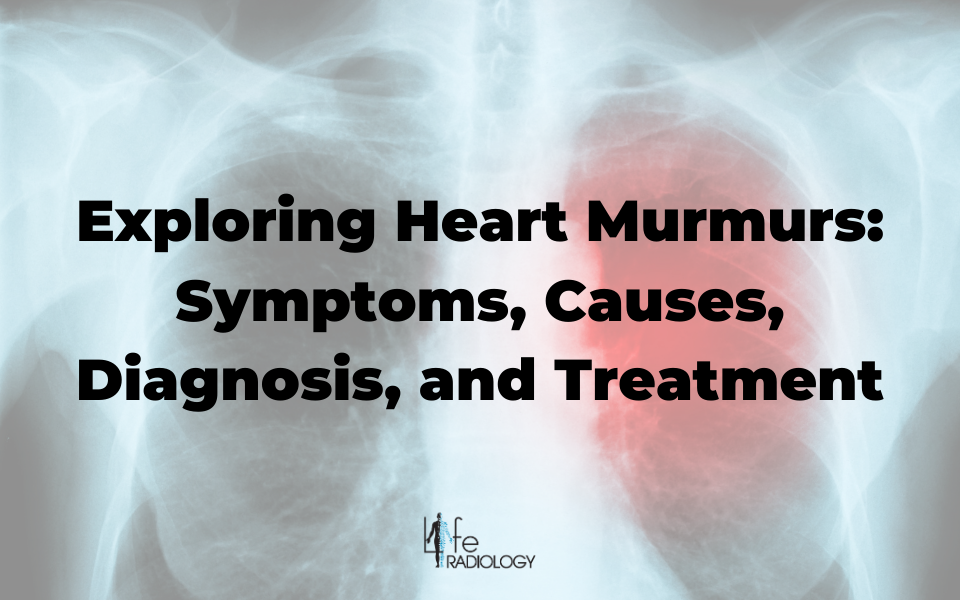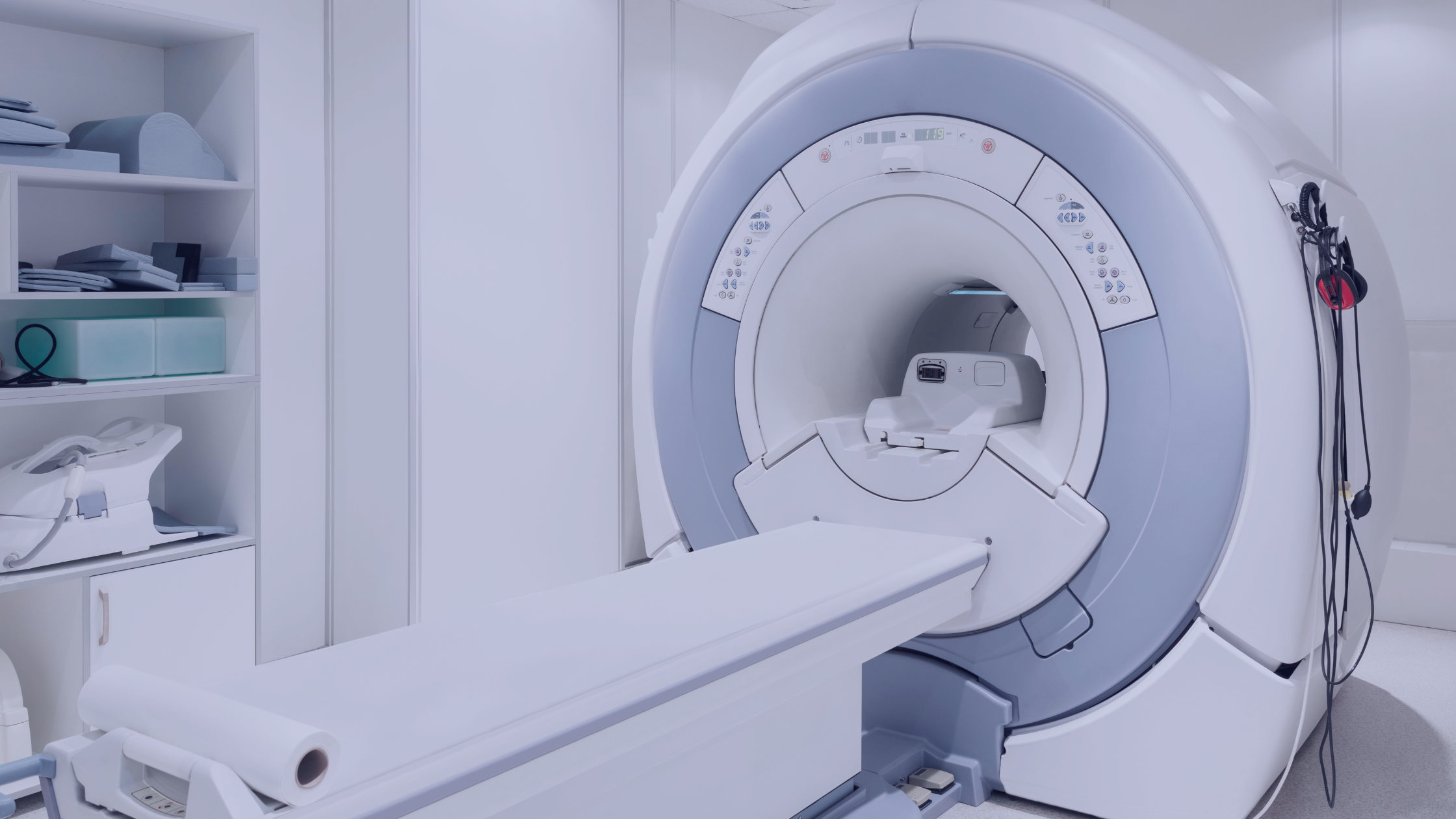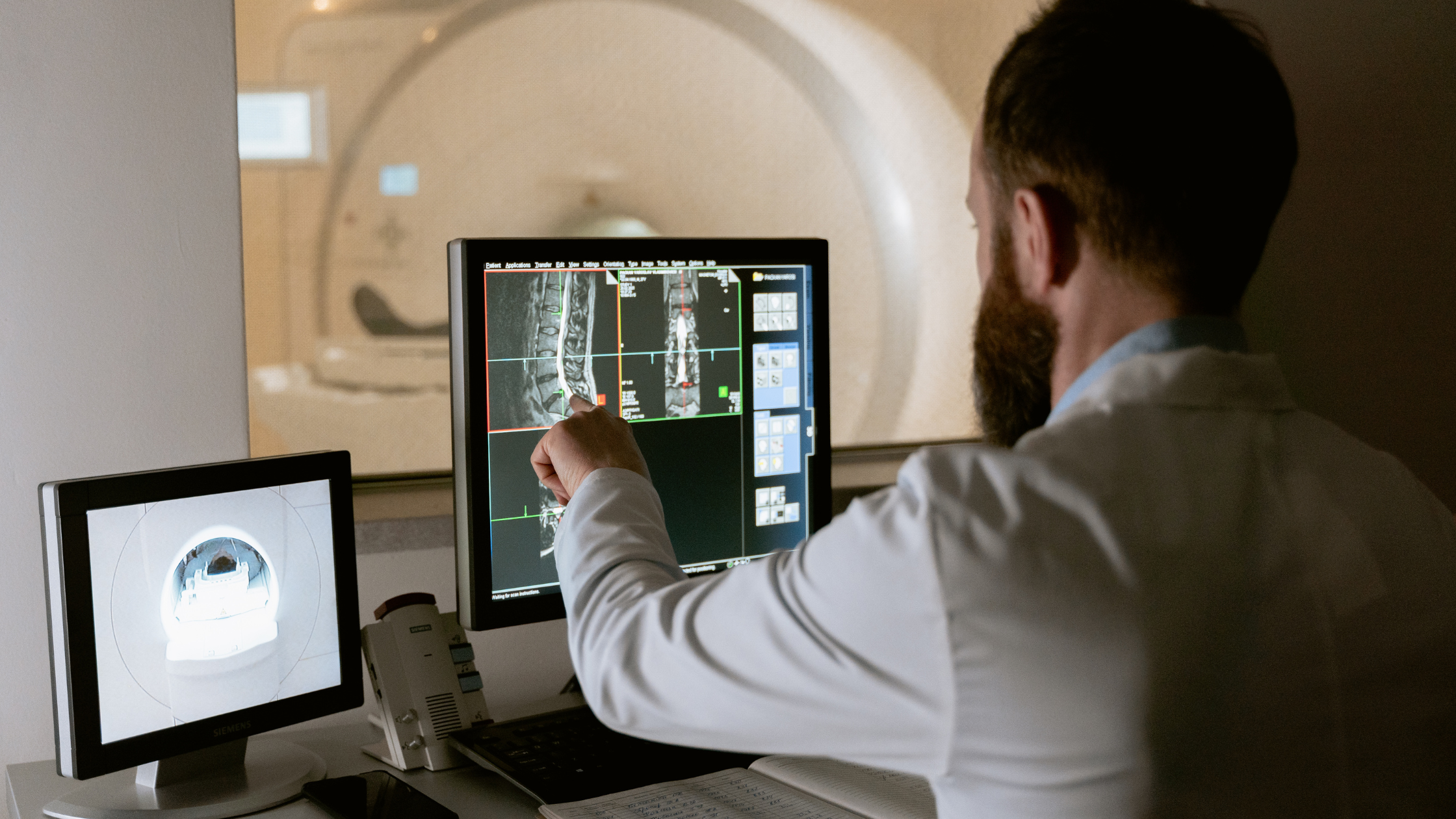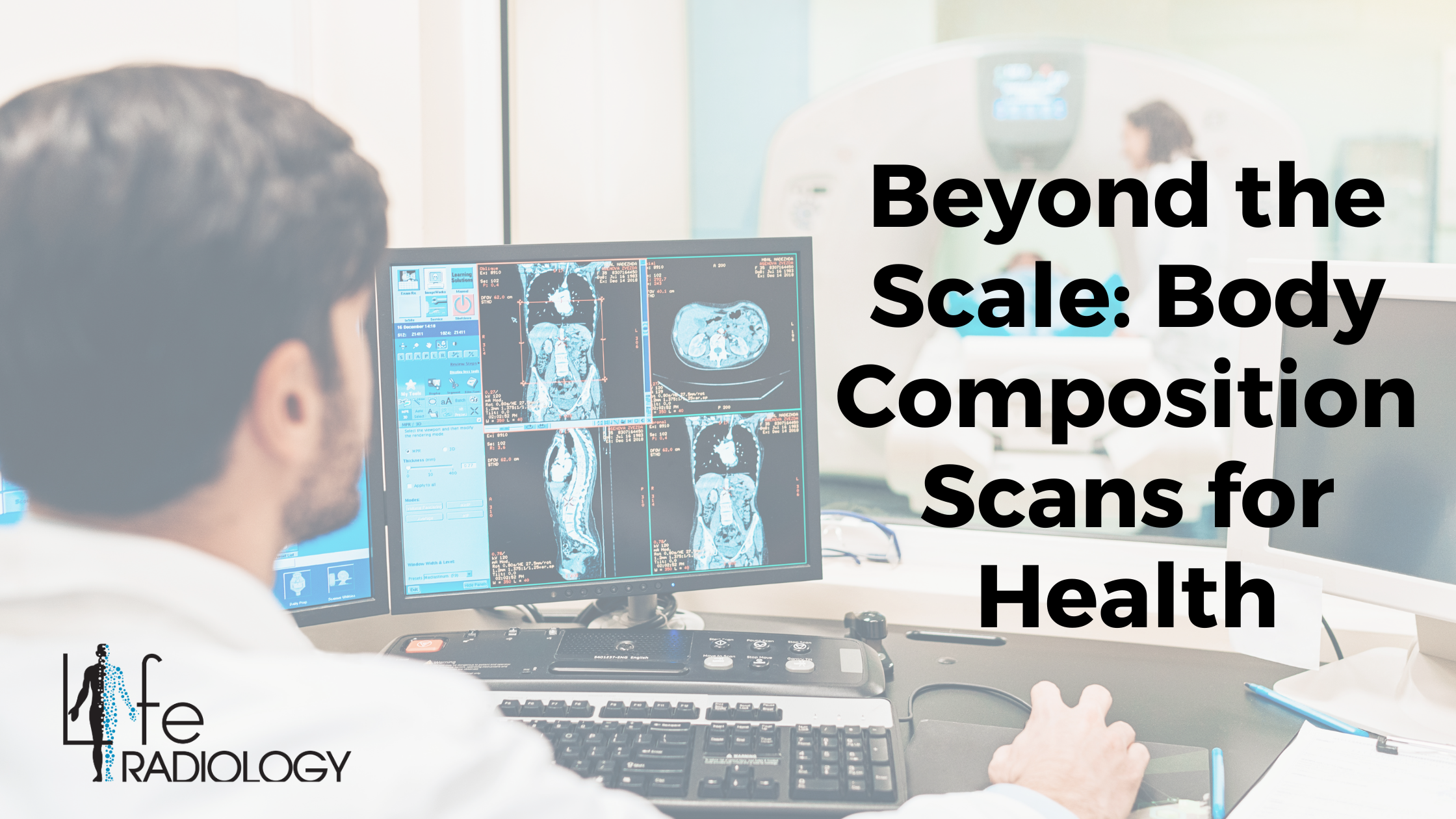Exploring Heart Murmurs: Symptoms, Causes, Diagnosis, and Treatment
Heart murmurs are unexpected or abnormal sounds that can be heard during the heartbeat. They can range from being harmless to indicating an underlying heart condition that requires medical attention.
These sounds can be caused by various factors such as the narrowing of a valve, a hole in the heart, or the presence of an extra blood vessel. The sound of a heart murmur can be described as a whooshing or swishing noise that can be heard through a stethoscope. If you experience any symptoms such as chest pain, fatigue, or shortness of breath along with a heart murmur, it is recommended that you seek medical attention.
Symptoms of Heart Murmurs:
Innocent (harmless) heart murmurs typically present no symptoms and are often incidentally detected during routine check-ups. However, abnormal murmurs might cause:
- Shortness of breath.
- Chest pain.
- Dizziness or fainting.
- Bluish skin in newborns.
- Swelling or sudden weight gain due to fluid accumulation.
- Poor appetite or inadequate growth in infants.
Causes of Heart Murmurs:
Innocent murmurs are common, especially in children, often due to increased blood flow through the heart. Conversely, abnormal murmurs might be linked to:
- Valve problems.
- Structural heart issues.
- Cardiomyopathy.
- Infections or fever.
Diagnosis of Heart Murmurs:
Healthcare providers commence with a thorough physical examination, including auscultation of the heart, using a stethoscope to detect abnormal sounds or murmurs. Additionally:
- Echocardiogram (Echo): Provides detailed images of the heart's structure and function, allowing assessment of valves, chambers, and blood flow patterns.
- Electrocardiogram (ECG or EKG): Measures the heart's electrical activity, identifying irregular rhythms or heart muscle damage.
- Chest X-ray, MRI, or CT scan: Imaging tests for a clearer view of the heart.
- Holter Monitor or Event Recorder: Devices recording the heart's activity over time.
- Blood Tests: Checking for signs of infection, anemia, or heart muscle damage.
Treatment Options for Heart Murmurs:
- Innocent murmurs often necessitate no treatment but regular monitoring.
- Abnormal murmurs might involve:
- Medications to manage symptoms.
- Lifestyle changes like diet and exercise.
- Surgical procedures such as valve repair, closure of defects, or device implantation.
Diagnostic Advancements in Heart Murmur Identification:
Advancements in medical technology have revolutionized the diagnosis of heart murmurs. High-resolution imaging techniques like 3D echocardiography offer detailed views of cardiac structures, enabling precise assessments of valve function and blood flow patterns.
Additionally, newer MRI and CT scanning technologies provide more accurate and comprehensive evaluations, aiding in identifying subtle heart abnormalities.
The Role of Genetics and Family History:
Understanding the genetic predisposition to heart murmurs and related cardiac conditions is pivotal. Individuals with a family history of congenital heart defects or hereditary cardiac disorders might have an increased risk of developing heart murmurs. Genetic counseling and screenings may be recommended for individuals with familial cardiac concerns, aiding in early detection and preventive measures.
Psychosocial Impact and Patient Support:
Living with a heart condition, especially from a young age, can have psychological and emotional effects on individuals and their families. Support groups, counseling services, and educational resources are crucial in providing emotional support and helping patients cope with the challenges associated with heart murmurs.
Awareness and Prevention:
Raising awareness about heart health and the significance of early detection through educational campaigns and community outreach programs is paramount. Encouraging routine check-ups, advocating for healthy lifestyle choices, and promoting the importance of recognizing symptoms can aid in preventing complications associated with undiagnosed or untreated heart murmurs.
Patient-Centric Care and Follow-up:
Central to effective management is patient-centered care. Tailoring treatment plans to individual needs and ensuring comprehensive follow-ups with healthcare providers are crucial. Regular cardiac evaluations and ongoing monitoring allow for timely treatment and preventive measures adjustments.
The Future of Heart Murmur Management:
Ongoing research into innovative treatments, non-invasive diagnostic tools, and personalized medicine holds promise for enhancing the management of heart murmurs. Advancements in regenerative therapies, precision medicine, and minimally invasive procedures offer hope for improved outcomes and enhanced quality of life for individuals with heart murmurs.
Conclusion:
Heart murmurs encompass a spectrum of conditions, from benign to severe, requiring diligent monitoring and timely interventions. Enhancing awareness, leveraging advanced diagnostics, providing robust patient support, and fostering preventive strategies are pivotal in ensuring optimal cardiac health and improved outcomes for individuals affected by heart murmurs.






